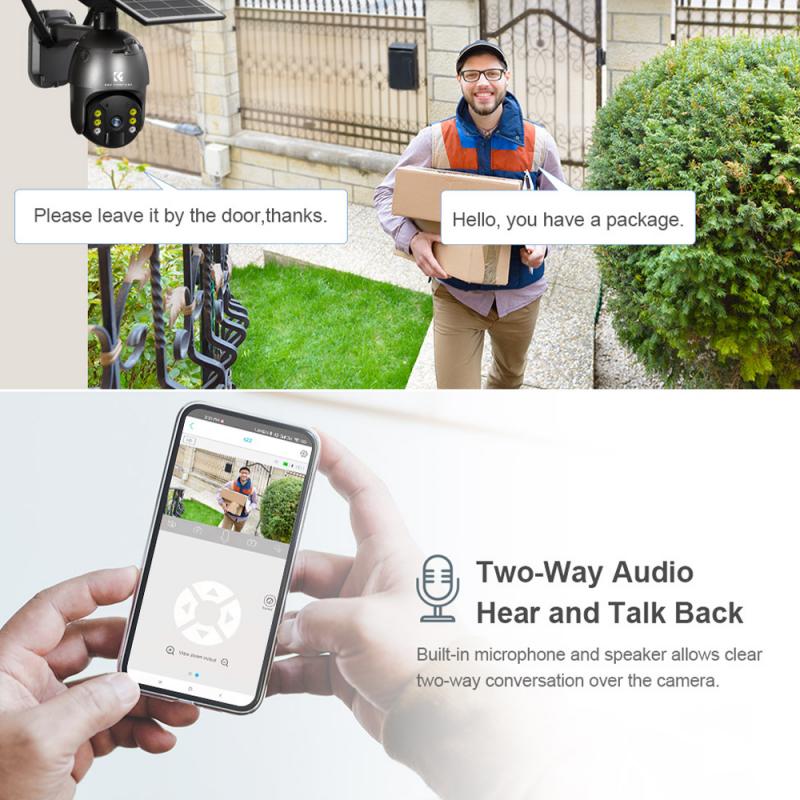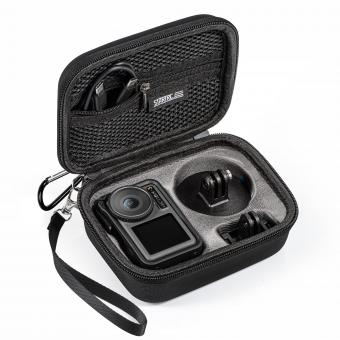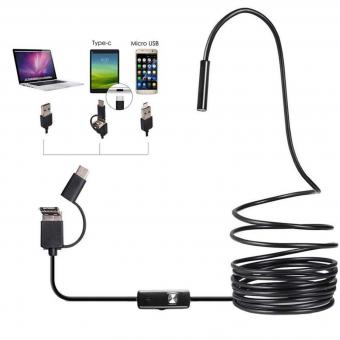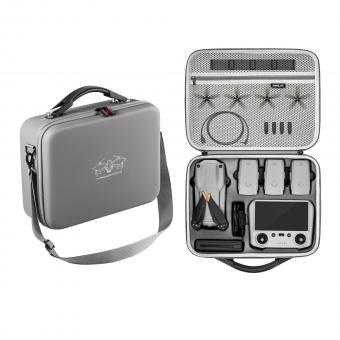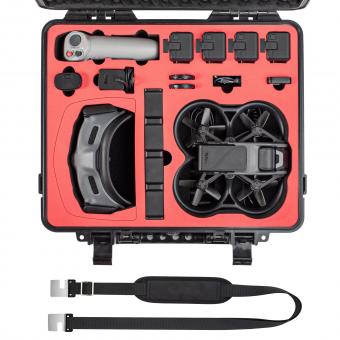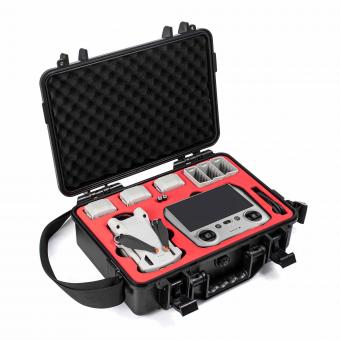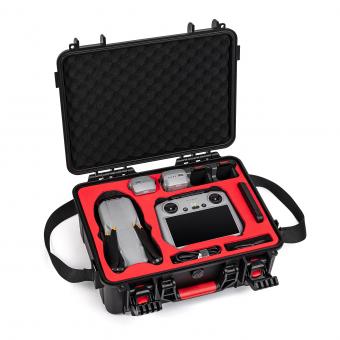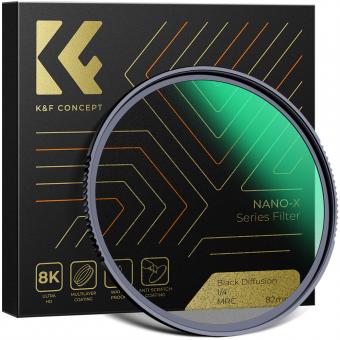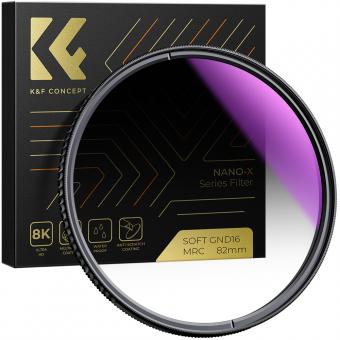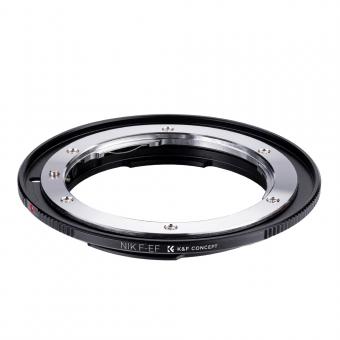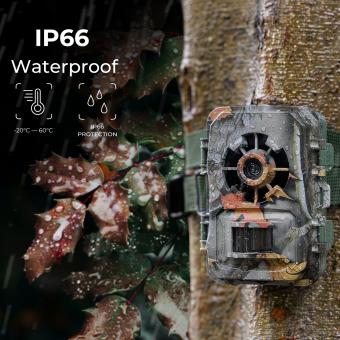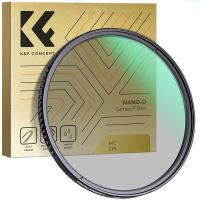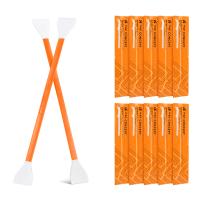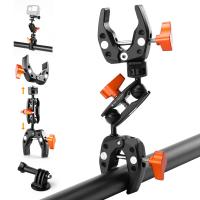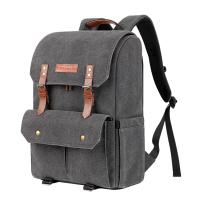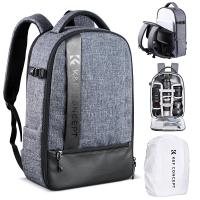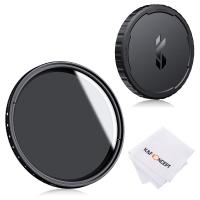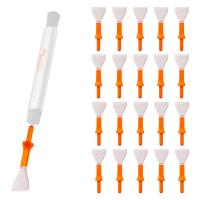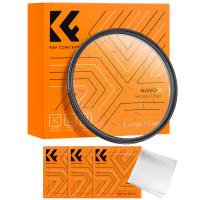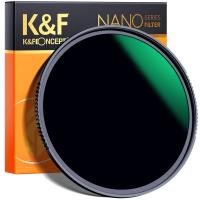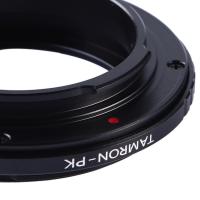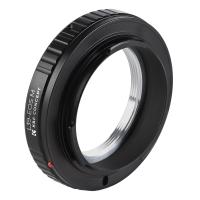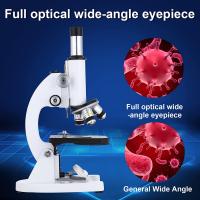Are Hard Camera Cases Better Than Soft Ones ?
Hard camera cases are generally considered to provide better protection for cameras and equipment compared to soft cases. Hard cases are typically made of durable materials such as plastic or metal, which offer a higher level of impact resistance and protection against external elements like water, dust, and extreme temperatures. They often feature foam padding or customizable inserts to securely hold and cushion the camera and accessories, minimizing the risk of damage during transportation or storage. Additionally, hard cases usually have secure locking mechanisms, providing an extra layer of security for valuable camera gear. However, it is important to consider the specific needs and preferences of the user, as soft cases can be more lightweight, flexible, and easier to carry in certain situations.
1、 Durability: Hard camera cases offer superior protection against impact.
Durability: Hard camera cases offer superior protection against impact. They are typically made from tough materials such as hard plastic or aluminum, which can withstand rough handling and protect the camera from accidental drops or bumps. Soft camera cases, on the other hand, are usually made from fabric or padded materials that provide limited protection against impact.
Hard camera cases are designed to be rugged and sturdy, providing a secure and protective environment for the camera and its accessories. They often come with foam inserts or customizable dividers that can be adjusted to fit the specific camera gear, ensuring a snug and secure fit. This helps to prevent any movement or shifting of the equipment during transportation, reducing the risk of damage.
Furthermore, hard camera cases are often waterproof or water-resistant, adding an extra layer of protection against moisture and environmental elements. This is particularly beneficial for outdoor photographers or those who frequently shoot in challenging weather conditions.
However, it is important to note that soft camera cases have their own advantages. They are generally lighter and more compact, making them easier to carry and travel with. They also offer more flexibility in terms of storage space, as they can be expanded or compressed to accommodate different camera gear.
In recent years, there has been a rise in the development of hybrid camera cases that combine the benefits of both hard and soft cases. These hybrid cases feature a hard exterior shell for impact protection, while the interior is padded and flexible, providing additional cushioning for the camera and its accessories.
In conclusion, while hard camera cases do offer superior protection against impact, the choice between hard and soft cases ultimately depends on individual preferences and specific needs. It is important to consider factors such as the level of protection required, the type of camera gear being transported, and the intended usage conditions before making a decision.
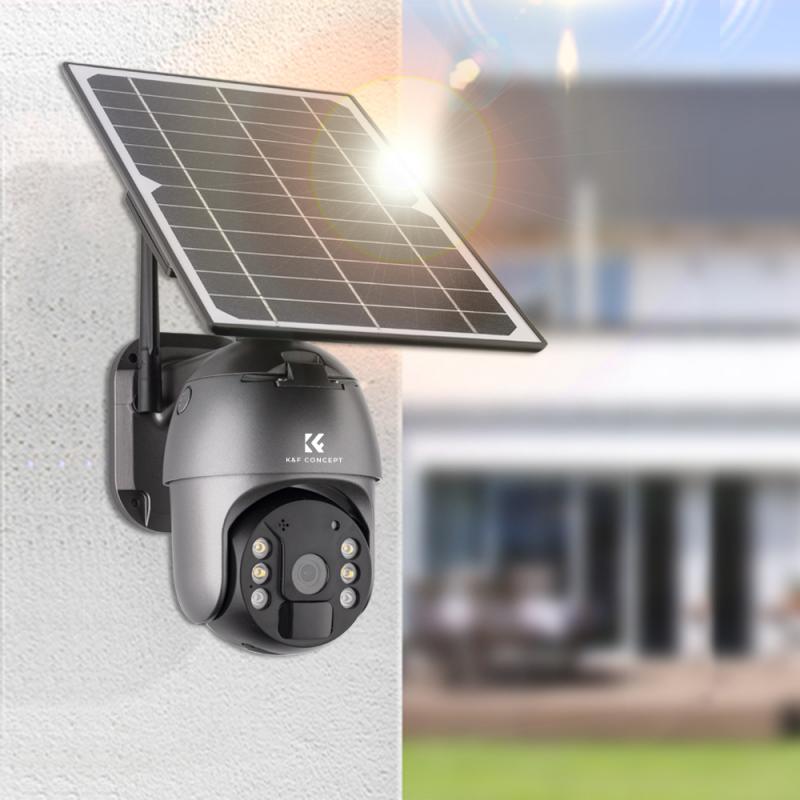
2、 Waterproofing: Hard camera cases provide better resistance to water damage.
Are hard camera cases better than soft ones? When it comes to waterproofing, hard camera cases do provide better resistance to water damage. The rigid construction of hard cases offers a higher level of protection against water infiltration compared to soft cases, which are typically made of fabric or nylon materials that are more prone to water seepage.
Hard camera cases are designed with airtight seals and durable materials such as plastic or metal, which create a watertight barrier. This makes them ideal for outdoor activities or situations where there is a high risk of water exposure, such as shooting in rainy or wet environments. They can withstand heavy rain, accidental spills, or even submersion in water to a certain extent.
However, it is important to note that not all hard camera cases are completely waterproof. Some may have limitations in terms of depth or duration of submersion. It is crucial to check the specifications and ratings of the case to ensure it meets your specific needs.
On the other hand, soft camera cases may offer some level of water resistance, but they are generally not as effective as hard cases. They are more suitable for protecting against minor splashes or light rain rather than full immersion in water.
It is worth mentioning that advancements in technology have led to the development of more advanced soft camera cases with improved water resistance. Some manufacturers now offer soft cases with waterproof coatings or laminates, providing a higher level of protection than traditional soft cases. However, these advancements still do not match the level of waterproofing provided by hard cases.
In conclusion, if waterproofing is a top priority for you, hard camera cases are generally better than soft ones. However, it is essential to consider other factors such as portability, durability, and specific needs before making a final decision.
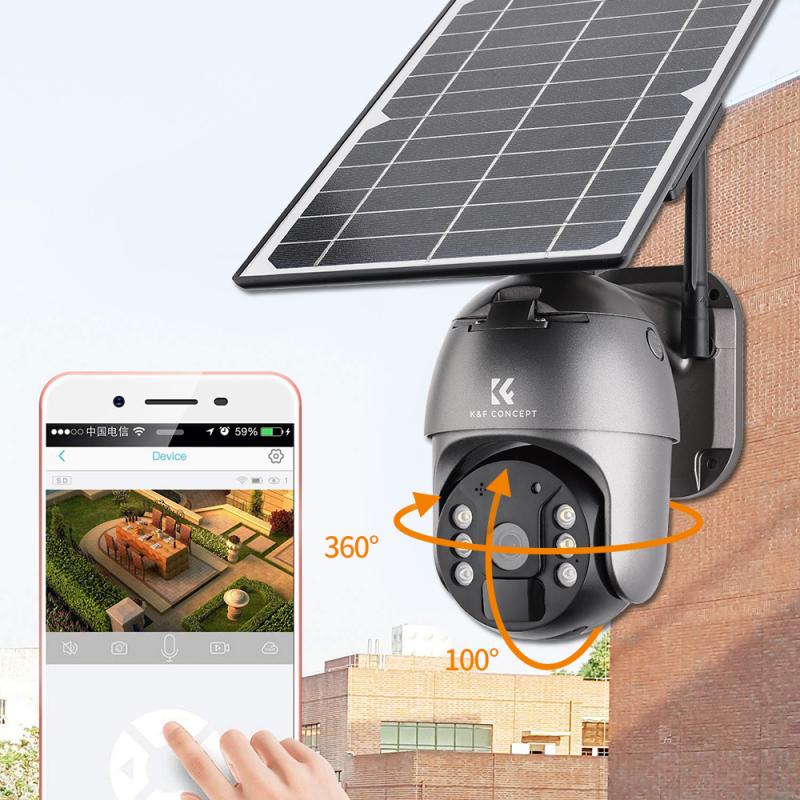
3、 Security: Hard camera cases offer enhanced security features and lockability.
Hard camera cases are generally considered to be better than soft ones when it comes to security. One of the main reasons for this is that hard cases offer enhanced security features and lockability. These cases are typically made from durable materials such as hard plastic or aluminum, which provide a high level of protection for the camera and its accessories.
Hard camera cases often come with reinforced corners and edges, making them more resistant to impact and ensuring that the camera remains safe even in rough handling or during transportation. Additionally, many hard cases are designed to be waterproof or water-resistant, protecting the camera from moisture and other environmental factors that could potentially damage it.
Another advantage of hard camera cases is their lockability. Many hard cases come with built-in locks or the option to add padlocks, providing an extra layer of security. This is particularly important when traveling or when the camera needs to be stored in a shared space, as it helps prevent unauthorized access and theft.
However, it is worth noting that soft camera cases also have their own advantages. They are generally lighter and more flexible, making them easier to carry and store. Soft cases also often have additional pockets and compartments for storing accessories, which can be convenient for photographers who need to carry multiple items.
In conclusion, while soft camera cases have their own benefits, hard camera cases are generally considered to be better when it comes to security. Their enhanced security features and lockability provide peace of mind, especially for photographers who frequently travel or need to store their camera in shared spaces.
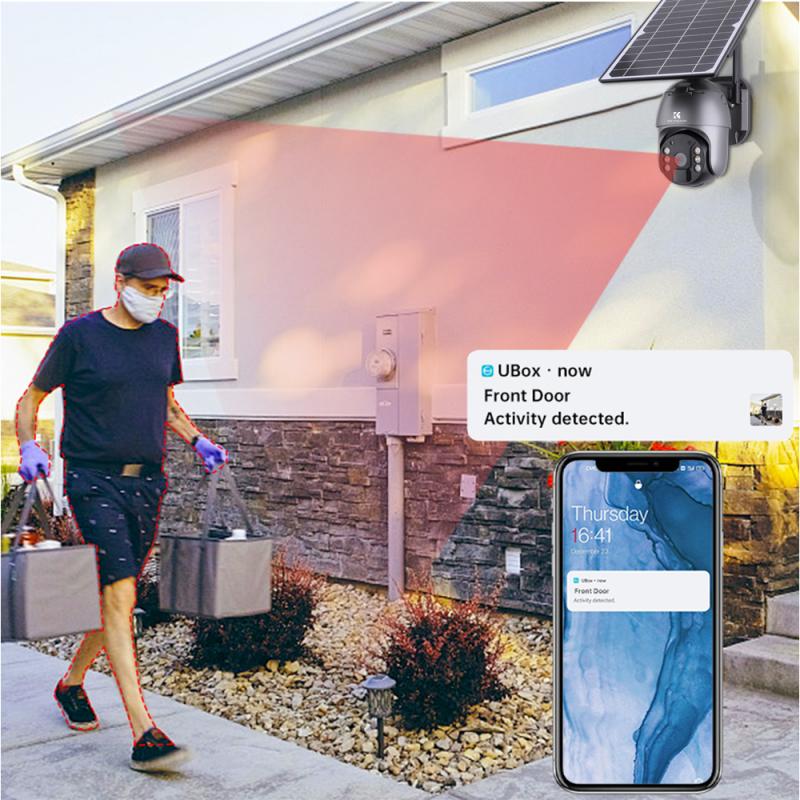
4、 Customization: Soft camera cases often have more flexible storage options.
Customization: Soft camera cases often have more flexible storage options.
When it comes to choosing between hard camera cases and soft ones, the decision ultimately depends on the specific needs and preferences of the photographer. However, one advantage that soft camera cases have over their hard counterparts is the level of customization they offer.
Soft camera cases are typically made of flexible materials such as nylon or canvas, which allows for more versatile storage options. They often feature adjustable dividers or compartments that can be rearranged to accommodate different camera bodies, lenses, and accessories. This flexibility is particularly beneficial for photographers who have a variety of equipment and need to adapt their storage space accordingly.
Furthermore, soft camera cases often have additional pockets and compartments for storing smaller items like memory cards, batteries, and cables. These extra storage options can help keep everything organized and easily accessible, saving valuable time during shoots.
In recent years, there has been a rise in the popularity of soft camera cases due to advancements in design and materials. Manufacturers have been able to create soft cases that offer excellent protection for cameras and equipment, with features like padded interiors and reinforced exteriors. This means that photographers no longer have to compromise on protection when choosing a soft camera case.
However, it is important to note that hard camera cases still have their own advantages. They provide a higher level of protection against impact and are generally more durable. Hard cases are also better suited for extreme weather conditions or when traveling to rugged environments.
In conclusion, while hard camera cases may offer superior protection in certain situations, soft camera cases have the advantage of customization. The ability to adapt the storage space to fit different equipment and accessories makes soft cases a popular choice among photographers. With advancements in design and materials, soft camera cases now offer a good balance between protection and flexibility. Ultimately, the decision between hard and soft camera cases should be based on individual needs and preferences.
